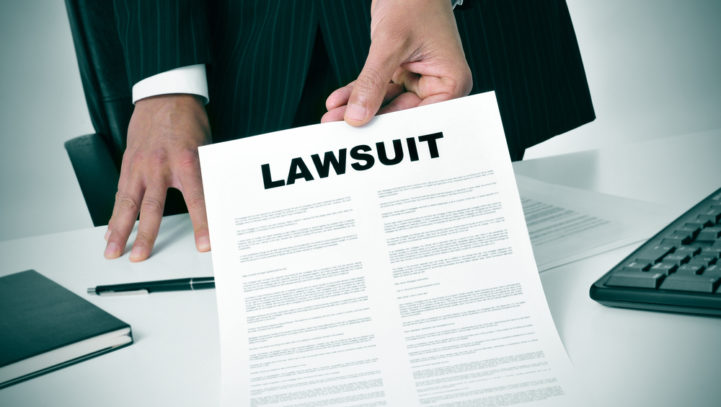Insurance is meant to protect us. We pay premiums to stay safe. But sometimes, problems arise. You may feel your insurance company is unfair. What do you do then? You might think about suing them. Let’s explore what happens if you sue your own insurance company.
Reasons to Sue Your Insurance Company
There are several reasons why you might sue your insurance company. Here are some common ones:
- Claim Denial: Your claim is denied without a good reason.
- Low Settlement: You get a lower settlement than you deserve.
- Bad Faith: The company acts in bad faith. This means they are not honest.
- Delay in Payment: Your payment is delayed for no reason.
These reasons can cause frustration. You want what is fair. Sometimes, the only way to get it is by suing.
Preparing to Sue
Before you sue, you need to prepare. Here are the steps:
- Review Your Policy: Read your insurance policy. Understand what it covers.
- Gather Documents: Collect all documents related to your claim. This includes emails, letters, and reports.
- Speak to Your Insurance Company: Talk to them first. Explain your issue. Sometimes, this can solve the problem.
- Consult a Lawyer: If talking does not work, find a lawyer. Choose one who specializes in insurance cases.
These steps are important. They help you build a strong case.
The Process of Suing
Suing your insurance company involves several steps. Here is what you can expect:
1. Filing A Complaint
Your lawyer will file a complaint in court. This is a legal document. It states your case against the insurance company.
2. The Insurance Company Responds
The insurance company will respond to the complaint. They may agree or disagree with your claims.
3. Discovery Phase
Both sides gather evidence. This phase is called discovery. You and the insurance company exchange information.
4. Settlement Talks
Many cases settle before going to trial. Your lawyer and the insurance company’s lawyer will discuss a settlement. This can save time and money.
5. Going To Trial
If settlement talks fail, the case goes to trial. A judge or jury will hear both sides. They will decide who wins.

Credit: schwedlawfirm.com
Possible Outcomes
There are three possible outcomes when you sue your insurance company:
1. You Win
If you win, the insurance company must pay you. They may also have to pay your legal fees.
2. You Lose
If you lose, you get nothing. You may also have to pay the insurance company’s legal fees.
3. Settlement
Most cases settle before trial. You and the insurance company agree on an amount. This can be less stressful than going to court.

Credit: www.tiktok.com
Risks of Suing
Suing your insurance company has risks. Here are some to consider:
- Legal Fees: Lawyers are expensive. You may have to pay legal fees even if you win.
- Time-Consuming: Lawsuits take time. They can last months or even years.
- Stressful: The process can be stressful. It can affect your daily life.
Weigh these risks before deciding to sue. It is a big decision.
Tips for a Successful Lawsuit
To increase your chances of winning, follow these tips:
- Keep Good Records: Document everything. Keep all emails, letters, and reports.
- Be Honest: Always tell the truth. Lying can hurt your case.
- Follow Your Lawyer’s Advice: Your lawyer knows best. Listen to their advice.
These tips can help you build a strong case. They can improve your chances of winning.
Frequently Asked Questions
Can You Sue Your Own Insurance Company?
Yes, you can sue your insurance company for not paying claims.
What Happens If You Sue Your Insurance Company?
You may get compensation. Legal battles can be lengthy and costly.
How To Sue An Insurance Company?
Hire a lawyer. File a lawsuit. Gather evidence of bad faith.
Why Would You Sue Your Insurance Company?
For denying claims, delaying payments, or acting in bad faith.
Conclusion
Suing your own insurance company is not easy. It involves many steps. It can be stressful and time-consuming. But sometimes, it is the only way to get what you deserve. Understand the reasons, prepare well, and follow the process. Weigh the risks and follow the tips. This will help you make the best decision. Remember, always consult a lawyer before taking action. They can guide you through the process. They can help you win your case.









0 Comments